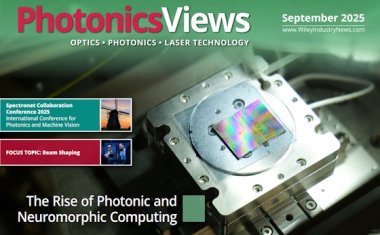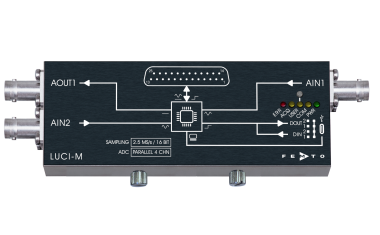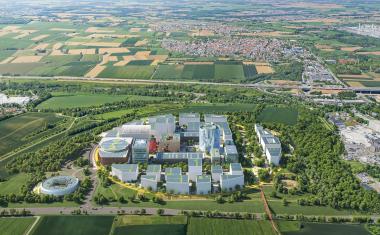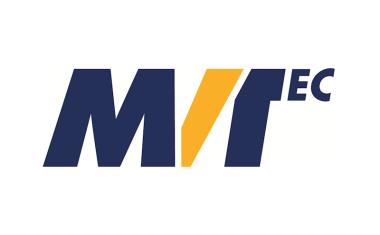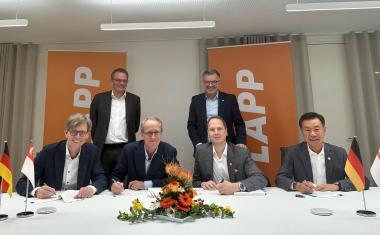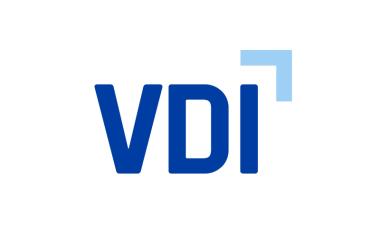Quix Quantum to deliver a 64-qubit quantum computer based on light
The contract awarded runs within the framework of DLR’s Quantum Computing Initiative and is in line with the roadmap of Quix Quantum to develop a universal quantum computer.
The Dutch company will deliver 8- and 64-qubit fully universal quantum computers based on photonics, integrating the existing technologies from their processors with sources, detectors, and feedforward to create a modular photonic quantum computer. This represents the first commercial sale of universal quantum computers based on light. The customized development for the DLR will be carried out in a joint four-year project in the framework of the DLR Quantum Computing Initiative.
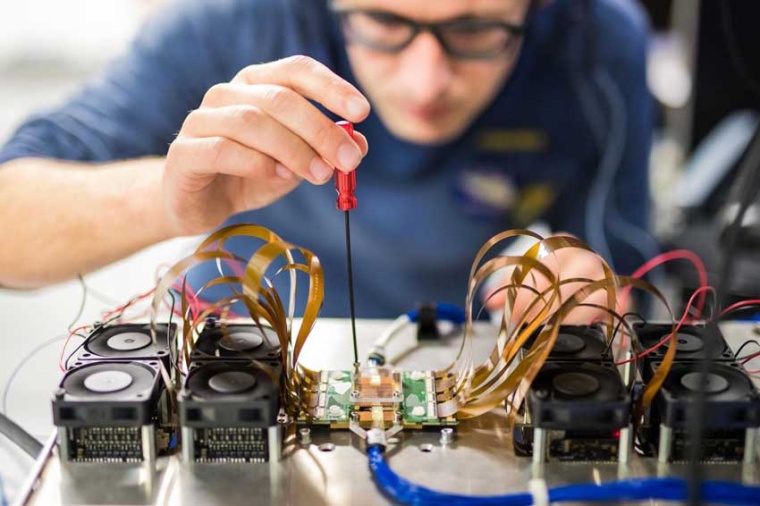
“We merge competencies from the Netherlands and Germany in one location, at the innovation center of the DLR Quantum Computing Initiative in Ulm. Quix Quantum has already proven the functionality of its integrated quantum photonics and is successfully supplying quantum photonic processors to customers throughout Europe,” says Quix CEO Dr-Ing Stefan Hengesbach, further explaining that “one of the things we expect from the cooperation with DLR is a systematic investigation and demonstration of the potential fields of application, especially in the numerous disciplines of DLR.”
QuiX has already developed a non-universal quantum computer with a current running Boson sampler, which is a special purpose quantum computer. At the core is the Quix quantum photonic processor in the form of a reprogrammable interferometer.
These commercialized 20-mode photonic processors are low-loss, multimode, fully reconfigurable interferometers for quantum computing that operate at room temperature, vastly reducing the cost and size.
“With Quix Quantum, we are integrating another company into our quantum computing initiative by commissioning it to develop the technology field, here specifically for photonic quantum computing. In our innovation center in Ulm, another player in the quantum computing ecosystem will thus advance this technology with us,” says Dr Robert Axmann, head of the DLR Quantum Computing Initiative.


